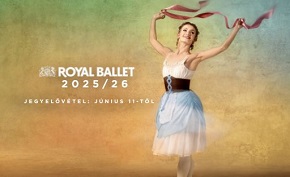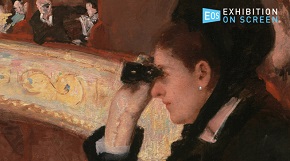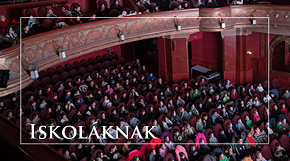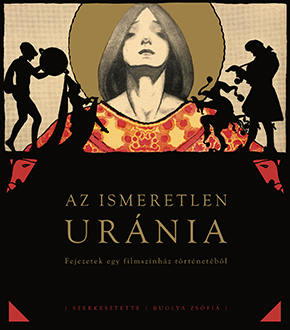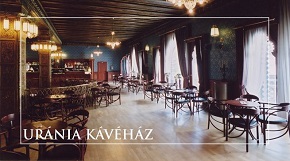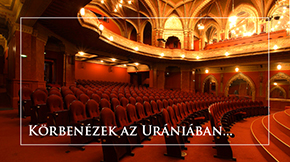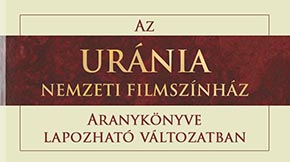JegyvásárlásJegyrendelés16:30 Csortos terem
A szerelem sosem késő (16)
JegyvásárlásJegyrendelés17:00 DíszteremGaucho Gaucho (12)
JegyvásárlásJegyrendelés17:00 Törőcsik Mari teremA hajfonat (12)
JegyvásárlásJegyrendelés17:30 Fábri teremAz avignoni szerelmesek (16)
JegyvásárlásJegyrendelés18:30 Csortos teremF1 (12)
JegyvásárlásJegyrendelés19:00 DíszteremA Bigger Splash (16)
JegyvásárlásJegyrendelés19:30 Törőcsik Mari teremPásztorok (12)
JegyvásárlásJegyrendelés19:30 Fábri teremHogyan tudnék élni nélküled? (12)
| H | K | Sz | Cs | P | Sz | V |
|---|---|---|---|---|---|---|
| 28 | 29 | 30 | 31 | 1 | 2 | 3 |
| 4 | 5 | 6 | 7 | 8 | 9 | 10 |
| 11 | 12 | 13 | 14 | 15 | 16 | 17 |
| 18 | 19 | 20 | 21 | 22 | 23 | 24 |
| 25 | 26 | 27 | 28 | 29 | 30 | 31 |
![]()
Premierek
Események
Jane Austen az Urániában - Értelem és érzelem
2025.08.03 19:00 - 21:30
2025.08.03 19:00 - 21:30
Jane Austen az Urániában - Büszkeség és balítélet
2025.08.08 19:00 - 21:00
2025.08.08 19:00 - 21:00
Filmcsobbanás: Jó reggelt, búbánat!
2025.08.09 19:00 - 21:00
2025.08.09 19:00 - 21:00
MET NYÁR 2025 - Gaetano Donizetti: Lammermoori Lucia
2025.08.10 18:00 - 21:30
2025.08.10 18:00 - 21:30
Filmcsobbanás: Tűz a tengerparton
2025.08.13 19:00 - 21:00
2025.08.13 19:00 - 21:00
Filmcsobbanás: A tehetséges Mr. Ripley
2025.08.16 19:00 - 22:00
2025.08.16 19:00 - 22:00
MET NYÁR 2025 - Charles Gounod: Rómeó és Júlia
2025.08.24 18:00 - 21:30
2025.08.24 18:00 - 21:30
Tamara de Lempicka igaz története - A túlélés művészete
2025.09.14 18:00 - 20:00
2025.09.14 18:00 - 20:00
Budapesti Klasszikus Film Maraton 2025
09.16 - 09.21
09.16 - 09.21
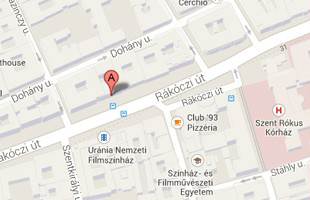
Pénztárnyitás: 2025. június 26-tól augusztus 28-ig nyári nyitvatartás! Ebben az időszakban a pénztár hétköznap: 16:30-kor, hétvégén: 10:30-kor nyit. Pénztárzárás: az utolsó előadás kezdetét követően 15 perccel.
A kávézó a mozi nyitvatartási idejében tart nyitva.
© Uránia Nemzeti Filmszínház
Az Art-Mozi Egyesület tagmozija
1088 Budapest, Rákóczi út 21.
megközelítés
jegyinformáció
írjon nekünk!
közérdekű adatok
sajtó
Adatvédelmi tájékoztató


